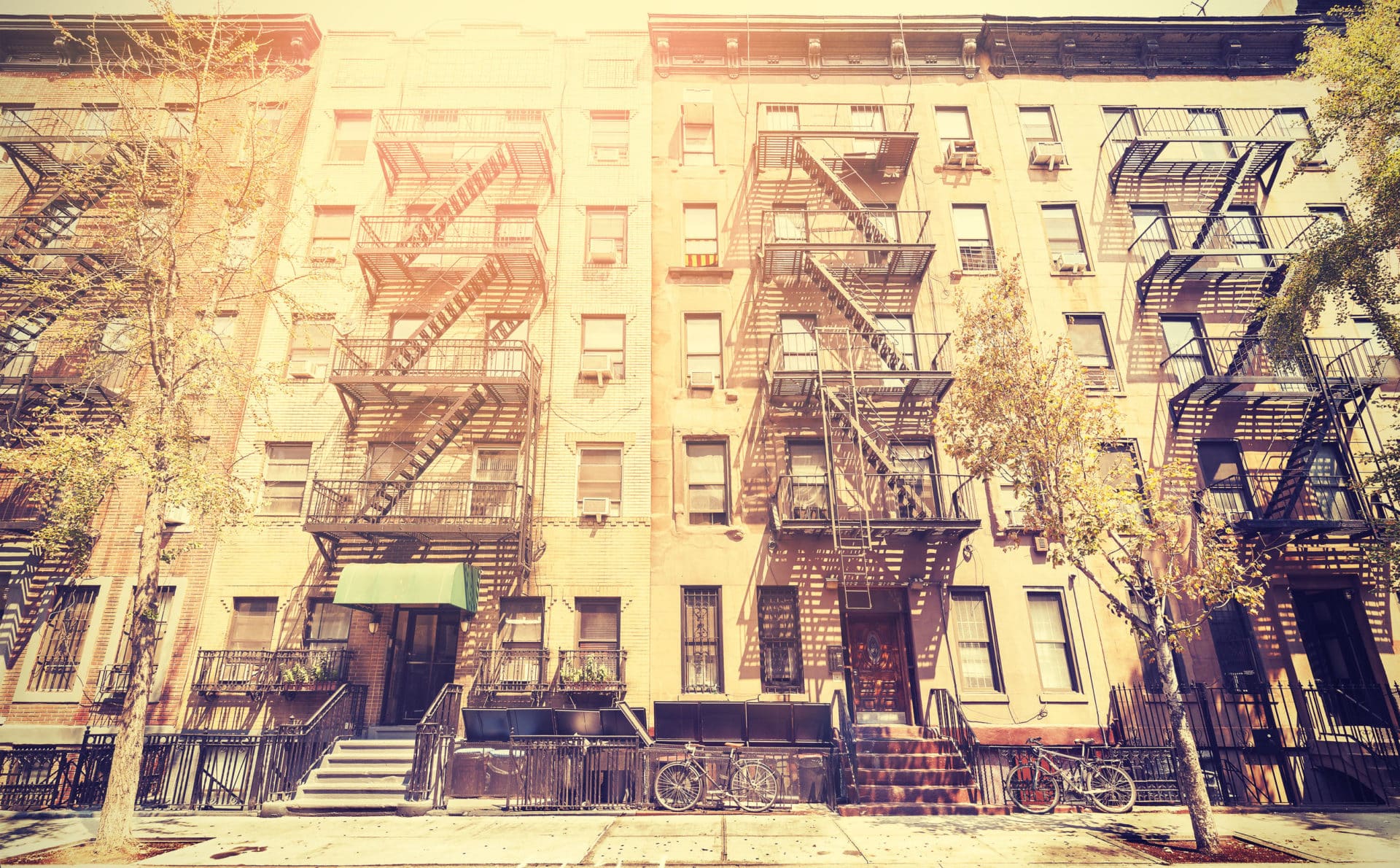Free Consultation
Free Consultation

Residential laws and regulations cover a wide range of your rights as an NYC renter. Because there are so many specific rules, it’s difficult for the average renter to familiarize themselves with all of them.
Instead, most of us are aware of the most important concepts and only become familiar with the details when the need arises. The problem is, sometimes it’s tough to even know the right questions to ask and/or demands to make.
Many landlords know this, and it’s scary to think about, but some take advantage of that. Wittingly or otherwise, they capitalize on a tenant’s ignorance of the law and may downplay what they legally owe their residents.
That doesn’t change the fact that they owe you this certain warranty of habitability. So here are the basics about a landlord’s duty of care to you.
In the state of New York, landlords are subject to what is called a Warranty of Habitability. This warranty sets certain duties and responsibilities that a landlord must meet when leasing out a rental property.
The Warranty of Habitability requires the landlord to ensure that any residential spaced leased or rented out must be fit for human habitation.
This means that there is a duty of care for the landlord to ensure that the occupants are not subject to any conditions that are dangerous, hazardous and/or a risk to their life, health, and safety.
It is also important to know that these rights afforded to occupants cannot be waived. Any agreement or clause set forth by the landlord and occupant contrary to these rights is deemed void. If a landlord suggests or requires anything contrary to these rights, it is illegal.
Any landlord found in violation of this warranty will be strictly and legally responsible. Violations are subject to the penalties afforded by law.
Note, however, that the law does protect landlords from “false claims.” Any condition that is caused by the misconduct of the tenant or person under the direction or control of the tenant breaches this warranty. Claims made for issues caused by these kinds of actions are not valid.
Tenants are entitled to a wide variety of items. Some of the most common elements required by the Warranty of Habitability include:
Your landlord is obligated to make sure that the heat and air conditioning in their property is working properly. Otherwise, cases of frostbite in the Winter or heat stroke in the Summer may have been a result of negligence on the part of the owner.
New York landlords must ensure that there are operational smoke and carbon monoxide detectors on the property. Any injuries or health complications or loss of material goods that result due to the lack of functioning fire safety standards may be blamed on the owner.
If the property has a pest infestation that was not addressed by the owner, then they may be liable for the pain, suffering, anguish, and injuries suffered by the occupant.
Occupants may have health complications arising from the presence of lead in the property. The owner has a legal responsibility to ensure that the property is lead-free and failure to do so is considered negligence.
Any injuries or accidents that result from the lack of adequate lighting, whether through natural or artificial light, could be the fault of the owner.
Landlords further have an obligation to ensure that their properties are safe and secure. Failure to have a locked front door and a functioning peephole could lead to home invasions.
The owner must ensure that their property is safe for the person who is occupying it. That means free of any hazards that may lead to foreseeable accidents.
Hazards such as loose wiring or trip and fall hazards, like an unleveled walkway, should be addressed. Failure to address these hazards in a reasonable and timely manner could result in the landlord being held liable for the incident.
Due to the wide scope of property standards that are afforded to the occupant, there are many ways that a landlord can breach the Warranty of Habitability.
If you are a victim of a breach of this warranty, you are entitled to take your landlord to court with an experienced New York premises liability lawyer.
The legislation for property standards is dense and difficult to maneuver. As a result, many tenants are not familiar with the rights that they are entitled to and many landlords take advantage of this, but the right attorney will know exactly how to navigate your case.